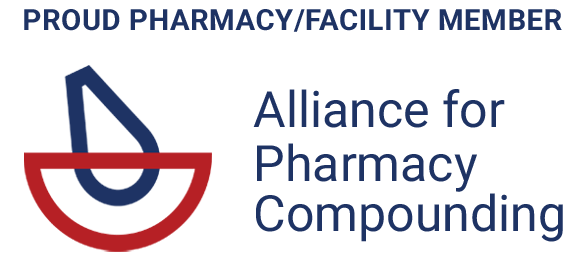Thyroid and Adrenal Medications
Thyroid disorders affect numerous people, with women being five times more likely to experience symptoms than men. Unfortunately, many individuals remain unaware of their thyroid condition.
The thyroid gland is a small butterfly-shaped gland located at the base of the neck that serves as a central hub for hormones, regulating metabolism, temperature, growth, and more.
Hypothyroidism, also known as low thyroid or under-active thyroid, refers to a condition that doesn’t produce an adequate amount of hormones. Normally, the thyroid gland produces two essential hormones: triiodothyronine (T3) and thyroxine (T4). These hormones play a crucial role in regulating metabolism in cells throughout the body. Insufficient production of these hormones can result in a decrease in the body’s overall functioning and metabolism.
So symptoms of hypothyroidism are
- Fatigue
- Unexplained weight gain
- Feeling cold
- Muscle weakness and aches
- Hair loss
- Dry, itchy skin
- Constipation
- Depression
Hyperthyroidism is characterized by the overactivity of the thyroid gland. When the thyroid gland produces an excessive amount of these hormones it leads to an acceleration of the body’s metabolic processes.
Common causes of hyperthyroidism include Graves’ disease, an autoimmune disorder that stimulates the thyroid gland, and thyroid nodules, which are abnormal growths in the thyroid tissue. Symptoms of hyperthyroidism can vary but often include increased heart rate, weight loss, irritability, nervousness, heat intolerance, sweating, fatigue, and changes in bowel movements.
Understanding Adrenal Dysfunction
Adrenal fatigue/dysfunction refers to symptoms that arise from the sub-optimal performance of the adrenal glands, often as a consequence of prolonged emotional or physical stress. When these glands can’t efficiently produce essential hormones like cortisol, testosterone, and estrogen due to excessive stress, it may leave individuals susceptible to various health concerns, including cancer and autoimmune diseases.
Recognizing Symptoms of Adrenal Dysfunction
- Persistent unexplained fatigue
- Trouble waking up in the morning, even after adequate sleep
- Persistent feelings of exhaustion and overwhelm
- Prolonged recovery time from illnesses or stress
- Cravings for salty and sugary foods
- Increased cold sensitivity
- Memory lapses
- Energy burst and alertness in the evening
Adrenal hormones not only combat inflammation and act as antioxidants to reduce negative health effects, but they also influence the body’s processing of nutrients such as fats and carbohydrates. Moreover, they play pivotal roles in the gastrointestinal and cardiovascular systems. A deficiency in these hormones due to adrenal fatigue can lead to multiple health challenges, ranging from obesity to allergies.
At Valiant Compounding Pharmacy, we can assist adrenal fatigue patients who have not benefited from traditional therapies. Our compounding pharmacists are equipped to prepare custom-made medications to combat adrenal dysfunction.
We collaborate closely with prescribing physicians to provide guidance and education to individuals regarding hyperthyroidism, hypothyroidism, and adrenal dysfunction. Our aim is to help achieve a sense of balance and overall well-being.

